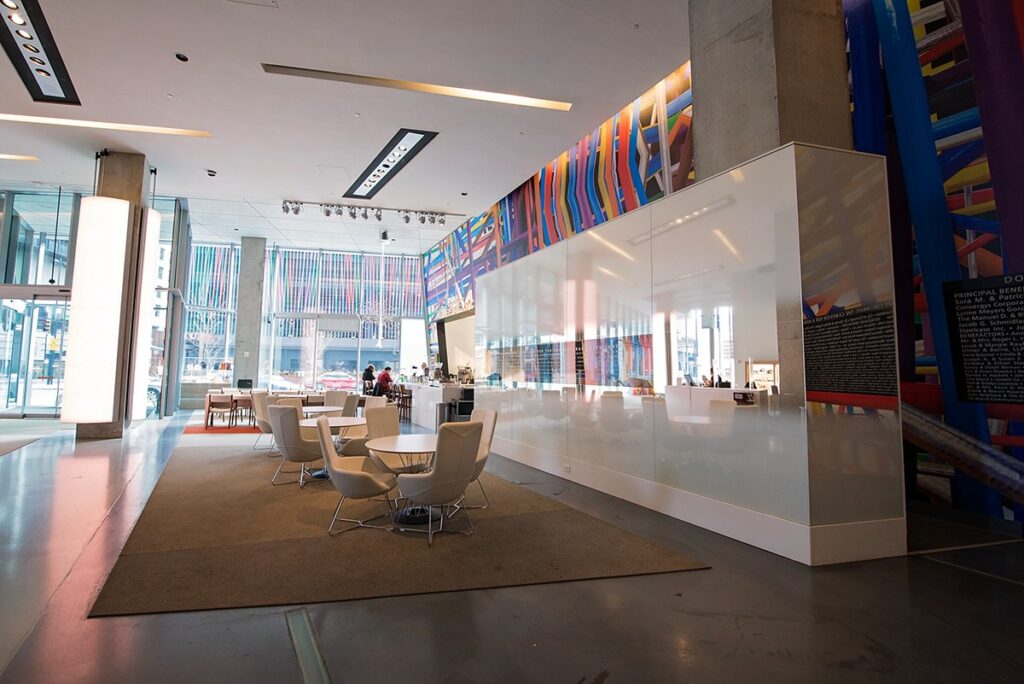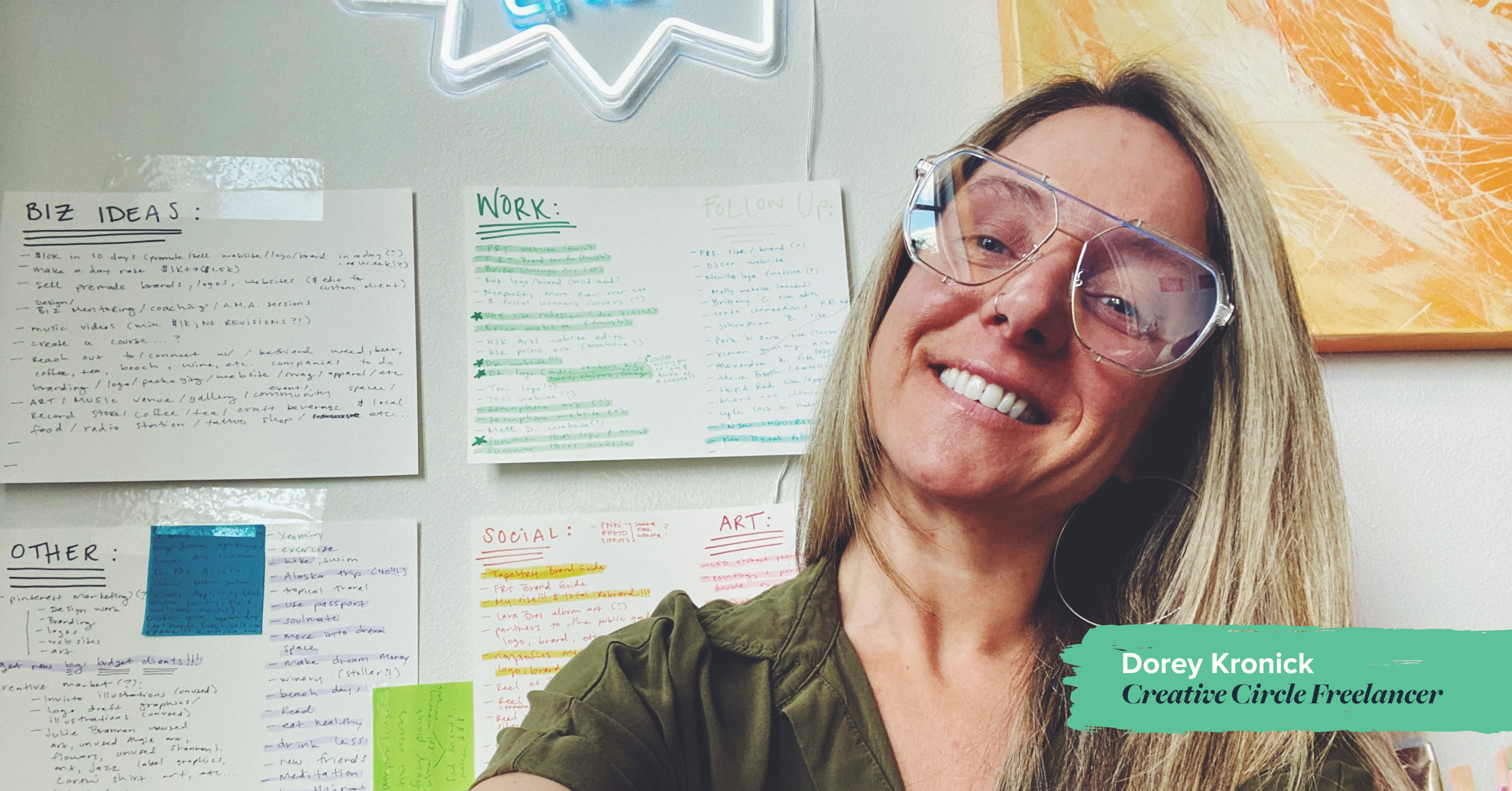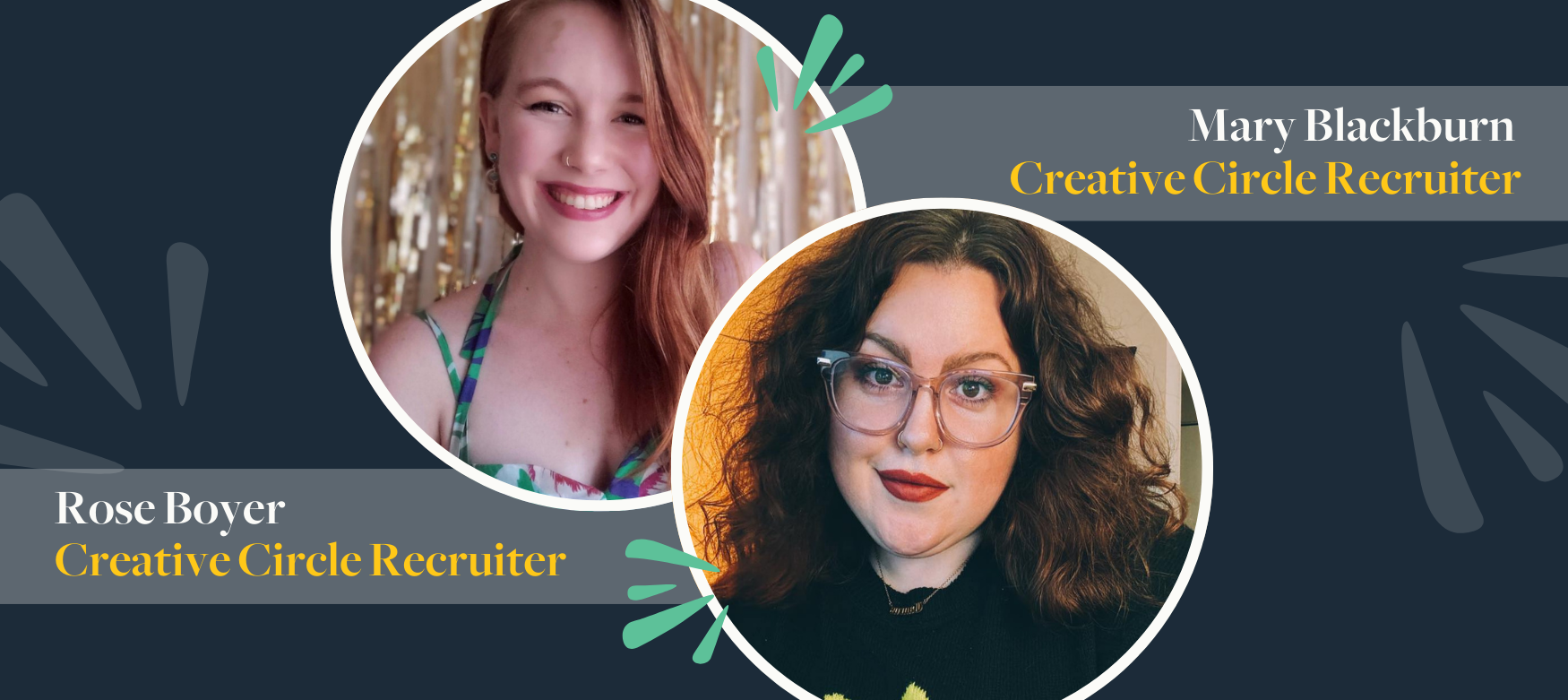Seeking out extra work on top of a strenuous course load seems counter intuitive for a variety of reasons. Additional commuting and labor paired with less free time may not seem like a worthwhile combination. But taking on the extra burden during the year can give you a more candid picture of your industry and major, add depth to your classwork, and demonstrate your drive to employers who have the ability to help you tremendously down the line. Here are five reasons to consider the move from my perspective:
1. Learn to balance deadlines and the demands of a work schedule better.
While all creative internships differ, tasks given during many undergraduate summer programs tend to air on the simple and repetitive side, particularly for unpaid opportunities. Even positions that task interns with more complex duties will often balance with a lighter weekly schedule, setting a decidedly limited number of hours. Learning to balance internship work in addition to internalizing frequent deadlines should give you better coping techniques for the pressures of a real work schedule. In addition, when faced with the extra stress of a semester, it may serve as a better test your enthusiasm for the work and office culture.
2. Ground your abstract college courses with concrete experience.
During a summer break, separated from the day-to-day grind of a full course schedule, it may be difficult to directly evaluate your internship experience alongside relevant classwork. From personal experience, I can easily recall constant feelings of skepticism, struggling to ground my learning in the classroom with concrete industry skills. When you have the opportunity to write school essays along blog posts, or research work on top of group projects, it may lend a better perspective on both the practicality of your classes and the true relevance of an internship to your focuses in school.
3. Test the waters with more transparency.
Many companies that seek out interns year-round — particularly smaller-sized ones in the creative field — operate far differently under a robust summer intern program. An internship during the semester, where you will undoubtedly work among a far smaller base of interns, may give you a far more accurate cross-section of the industry itself. This can be a rare opportunity to learn more candidly about the the company culture under further duress as well as the working habits and tendencies of employees working for the long haul.
4. Better demonstrate the depth of your passion and dedication
In a rapidly-evolving job market that renders summer internships a near-necessity, setting yourself apart through school year work displays passion and a long-term mindset that employers will deeply appreciate. A display of such commitment will be invaluable during senior year when you begin to look for meaningful connections into permanent positions
5. Experience, experience, experience.
Realistically, undergraduate students have only four or five summers to gain applicable internship experience. Adopting work during the semester will aid your resume immensely and grant you a considerable number of additional connections come graduation. Future employers will appreciate your commitment in either 1) continuing work for a single internship past the summer (which demonstrates your work quality and determination), or 2) seeking out opportunities elsewhere (which will speak to your experience in a broader sample of work environments and duties). For better or worse, the graduating class of the next decade will find one of the most overqualified peer groups in history and a creative industry more competitive than ever before. Thus, the value of having one or two internship experiences more than average after graduation can’t be overstated.
Despite the fact that creative fields seem to be growing more and more reliant on over-qualified and under-paid , I have faith in the resilience and ingenuity of fellow undergrad creatives. The game of long-term career fulfillment is one that can be won, and the unpopular school year internship seems to be one of the most viable options for getting there. Best of luck on your journey!
Evan is a 20-year-old college student, born and raised in Los Angeles, who has been shaped in innumerable ways by its creative community. He is majoring in digital media and minoring in art history with a dream of working in the music industry since his early experiences at punk shows during his teenage years.




